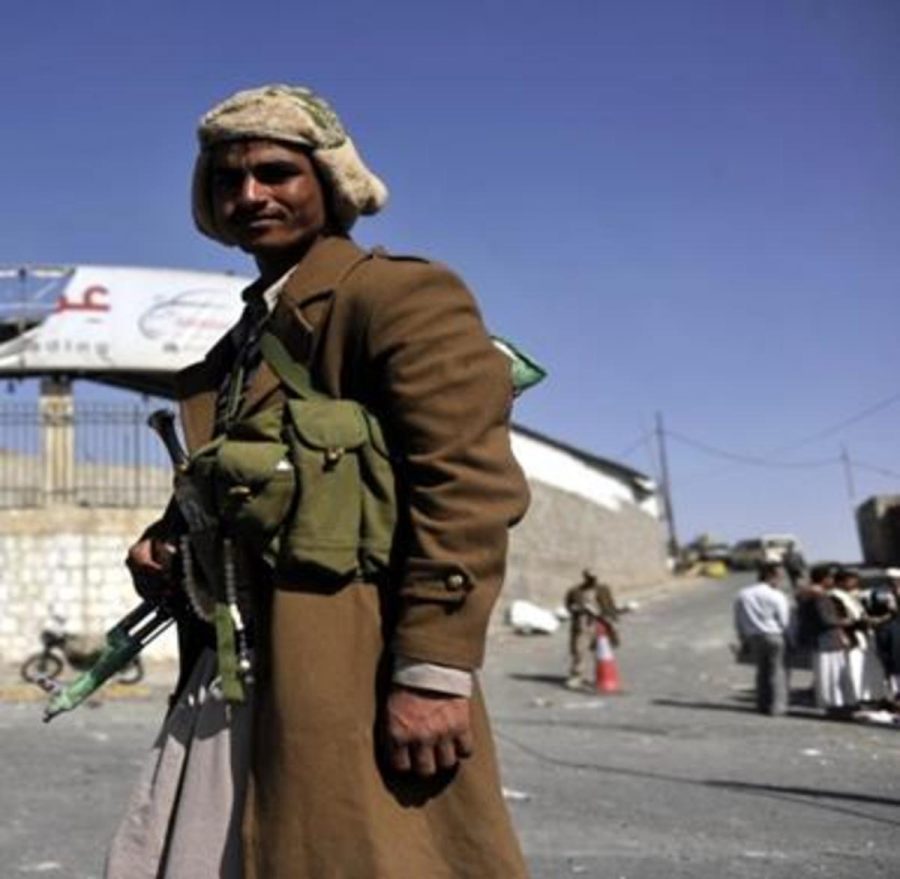Yemeni president steps down as rebels take palace
The Houthi rebels belong to a sect of Shia Islam called Zaidism. They have been staging uprisings in Yemen for over 10 years in an effort to gain greater autonomy for their region of origin. The majority of the population as well as Hadi’s government is Sunni Muslim.
In the latest development in a standoff between Yemen’s government and Houthi rebels, Yemeni president Abd-Rabbu Mansour Hadi has announced his resignation.
On Jan. 20, the Shia Muslim militant group surrounded the presidential palace in the capital city of Sanaa. Officials say that Hadi’s resignation comes as a result of pressure put on him by the Houthi’s to make concessions.
Ministers at the Gulf Cooperation Council (GCC), a political and economic union of Arab states, are calling for the return of all seized institutions and the withdrawal of Houthi forces.
“The GCC considers what happened in Sanaa on Tuesday January 20 as a coup,” Yemeni ministers said in a statement according to ‘RT’.
Rebels have occupied the capital since last Sept. and the past week has been marked by violent exchanges with the Yemeni military. The Houthis have also gained control of several news agencies and government offices.
Previously, the United States has strongly supported Yemen’s government in the past as they have worked together in fighting al-Qaeda in the Arabian Peninsula, which is considered al-Qaeda’s most dangerous branch by U.S. intelligence agencies.
“Hadi was an extraordinary important [sic],” managing editor of Long War Journal Bill Roggio said according to ‘Associated Press’. “He made it easy to cooperate with Yemeni military and intelligence. His loss is a major loss for U.S. side.”
Despite the turmoil, the U.S. military resumed drone strikes on Yemen on Jan. 26, marking the first strike of the year. The U.S. conducted 23 strikes in 2014 and Monday’s strike is reported to have killed three al-Qaeda operatives.
“The alternative would be massive U.S. deployments in perpetuity, which would create its own blowback and cause probably more problems than it would potentially solve,” President Barack Obama said in defense of continuing his airstrike policy in Yemen according to ‘Associated Press’.











